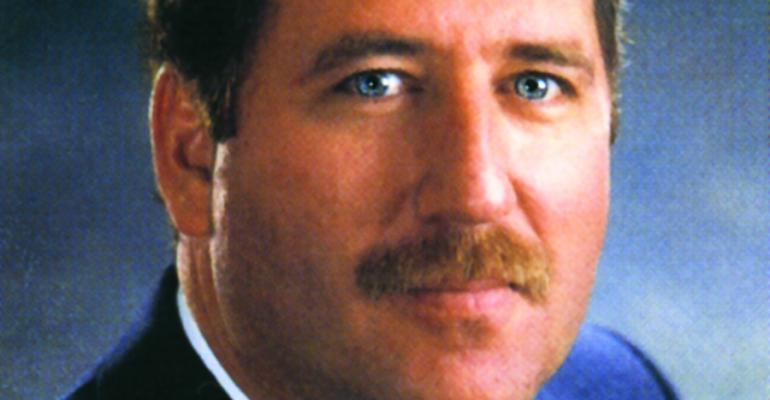Developing relationships can be like prospecting. And prospecting has become a lost art. It should be taught, nurtured and perfected.
In most businesses today, it’s rare for anyone to teach salespeople how to prospect. Exceptions are brokerage, insurance and recruitment firms. They teach their people to make calls, network and prospect. They never leave you alone, and often seem like pests. That’s a form of prospecting, although perhaps not the most effective.
Even with the Internet, phone calls, email and other traffic-building activities, salespeople still are in the business of building relationships. People would rather do business with those whom they know and trust.
At any given time, virtually everyone is prospecting for or selling something. Salespeople who talk about their jobs reap the benefits. Statistics show the majority of customers purchase a vehicle when they visit a dealership through a referral cultivated by a salesperson.
Relationship building increases the quality of the customer and the potential to close, especially if the customer comes in asking for a specific salesperson. That’s the true value of prospecting.
The math is simple and powerful. If a salesperson gave out three business cards every business day, at the end of a month this individual would have passed out about 78 cards, having met and talked to that many new opportunities, referral sources and leads. That’s touching 936 people a year.
Where do you find these people? Salespeople interact with slews of people every day, and not just at the dealership. Realistically, they’re everywhere. They are at the doctor’s office, pharmacy, grocery store, school meetings, gyms, places of worship and restaurants. They are family members and guests who gather at holidays.
The New York Times reports the average American knows approximately 240 people. Everyone knows someone somewhere, somehow. So, a salesperson attending a Thanksgiving celebration with 20 other guests has the extended potential to reach 4,800 people. If even a quarter of those are legitimate leads, then you might have 1,200 opportunities.
These people only become opportunities, however if the salespeople network – tell people what they do and provide their contact information, over and over.
Relationship building never stops. It has to happen every day. The more people a salesperson gets in front of each day, the higher the percentage of sales. It’s about building relationships and expanding reach and awareness.
It’s a process that when done repeatedly will pay off. Unfortunately, when sales are good, most salespeople and managers get comfortable and only focus on the business in front of them.
They fail to think about and plan for the future until it’s too late. They start to prospect when they urgently need new opportunities. While it is human nature to focus on the business at hand, especially true during peak sales periods, there is never a day when salespeople are too busy to prospect. When prospecting becomes part of the everyday process, every customer, every contact and every sale – even if the prospect didn’t buy – has the potential to provide new leads or referrals.
The tools salespeople are asked to bring to work are their time and talent. Part of their ongoing talent is prospecting, and a large part of their day should be spent doing it.
Imagine the difference it will make in your performance if you gave out a minimum of three business cards each day. That’s why relationships plus opportunity equals money.
Richard F. Libin is the author of the book, “Who Stopped the Sale?” (www.whostoppedthesale.com) and president of Automotive Profit Builders, specializing in enhancing customer satisfaction and maximizing gross profits. He can be reached at [email protected] or 508-626-9200 or www.apb.cc.





